Hospital beds play a crucial role in providing optimal care and support for patients. In recent years, there has been a growing demand for specialty hospital beds that cater to specific medical conditions and unique patient requirements. This article aims to provide a detailed overview of different types of specialty hospital beds available in the market, highlighting their distinct features and benefits. 1. Bariatric Hospital Beds: Bariatric hospital beds are designed to accommodate patients who require extra support due to their weight or size. These beds typically have a higher weight capacity, reinforced frames, and wider sleeping surfaces, ensuring maximum comfort for obese or overweight patients. Bariatric hospital beds also include additional safety features such as reinforced siderails and enhanced braking systems to prevent accidents.
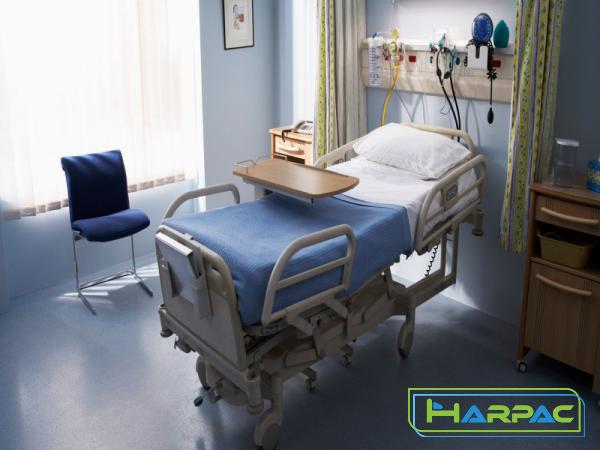
.
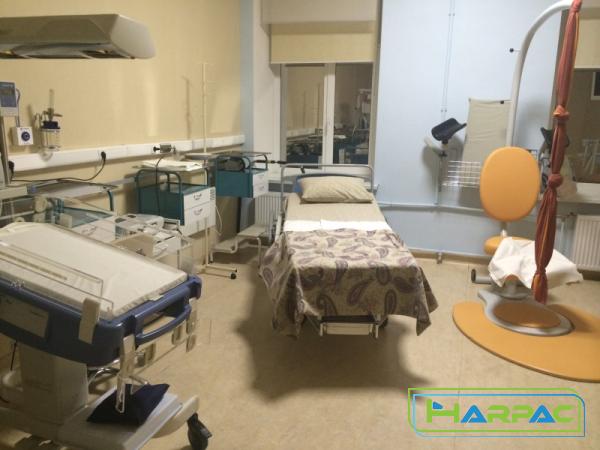 2. ICU Hospital Beds: Intensive Care Unit (ICU) beds are designed to support critically ill patients who require constant monitoring and intensive medical intervention. These beds come equipped with advanced features such as built-in electronic controls, patient positioning options, and integrated monitoring systems. ICU beds are designed to provide flexibility for medical professionals and ensure patient safety in critical situations. 3. Low Hospital Beds: Low hospital beds are commonly used for patients who are at risk of falls or have mobility issues. These beds are customizable in terms of height adjustment, allowing caregivers to lower the bed to a safe and comfortable level for the patient. Low beds are also equipped with features like bed exit alarms and siderails for added safety.
2. ICU Hospital Beds: Intensive Care Unit (ICU) beds are designed to support critically ill patients who require constant monitoring and intensive medical intervention. These beds come equipped with advanced features such as built-in electronic controls, patient positioning options, and integrated monitoring systems. ICU beds are designed to provide flexibility for medical professionals and ensure patient safety in critical situations. 3. Low Hospital Beds: Low hospital beds are commonly used for patients who are at risk of falls or have mobility issues. These beds are customizable in terms of height adjustment, allowing caregivers to lower the bed to a safe and comfortable level for the patient. Low beds are also equipped with features like bed exit alarms and siderails for added safety.
..
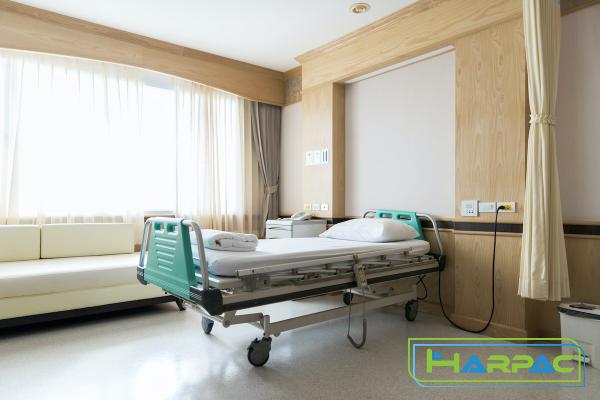 4. Electric Hospital Beds: Electric hospital beds are powered by motors that enable convenient adjustments, enhancing patient comfort and caregiver efficiency. These beds can be easily adjusted for height, inclination, and leg elevation, making them ideal for patients who require frequent position changes or have limited mobility. Electric beds also offer features like trendelenburg and reverse trendelenburg positions for specialized medical procedures. 5. Pediatric Hospital Beds: Pediatric hospital beds are specifically designed to cater to the unique needs of children. These beds come in various sizes and attractive designs to provide a positive and welcoming environment for young patients. Pediatric beds often feature safety features like low height options, siderails, and secure mattress fasteners.
4. Electric Hospital Beds: Electric hospital beds are powered by motors that enable convenient adjustments, enhancing patient comfort and caregiver efficiency. These beds can be easily adjusted for height, inclination, and leg elevation, making them ideal for patients who require frequent position changes or have limited mobility. Electric beds also offer features like trendelenburg and reverse trendelenburg positions for specialized medical procedures. 5. Pediatric Hospital Beds: Pediatric hospital beds are specifically designed to cater to the unique needs of children. These beds come in various sizes and attractive designs to provide a positive and welcoming environment for young patients. Pediatric beds often feature safety features like low height options, siderails, and secure mattress fasteners.
…
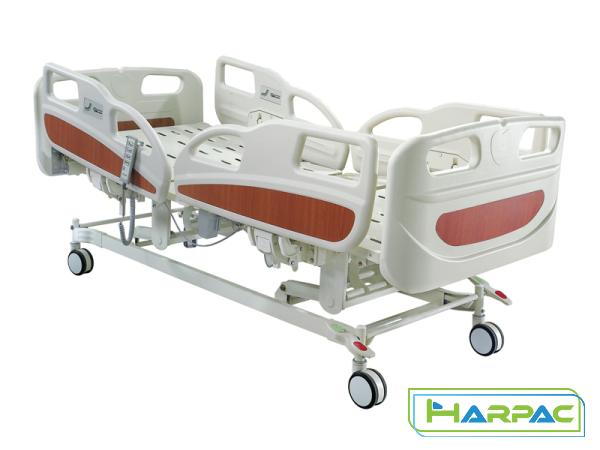 6. Birthing Hospital Beds: Birthing beds are specially designed to provide comfort for expectant mothers during labor and delivery. These beds allow for easy adjustment and positioning, ensuring maximum support during the entire birthing process. These beds often feature adjustable stirrups, siderails, and built-in scales for convenient monitoring. Conclusion: Specialty hospital beds have revolutionized patient care by addressing specific needs and requirements. From bariatric beds for obese patients to pediatric beds designed exclusively for children, the market offers a wide range of options that enhance both patient comfort and caregiver efficiency. Understanding the distinct features and benefits associated with each type of specialty hospital bed is crucial for healthcare facilities to provide optimal care and support to their patients.
6. Birthing Hospital Beds: Birthing beds are specially designed to provide comfort for expectant mothers during labor and delivery. These beds allow for easy adjustment and positioning, ensuring maximum support during the entire birthing process. These beds often feature adjustable stirrups, siderails, and built-in scales for convenient monitoring. Conclusion: Specialty hospital beds have revolutionized patient care by addressing specific needs and requirements. From bariatric beds for obese patients to pediatric beds designed exclusively for children, the market offers a wide range of options that enhance both patient comfort and caregiver efficiency. Understanding the distinct features and benefits associated with each type of specialty hospital bed is crucial for healthcare facilities to provide optimal care and support to their patients.
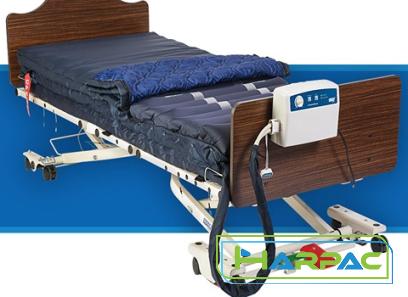
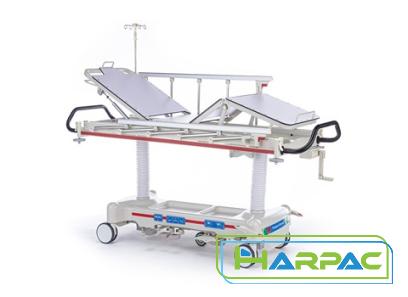
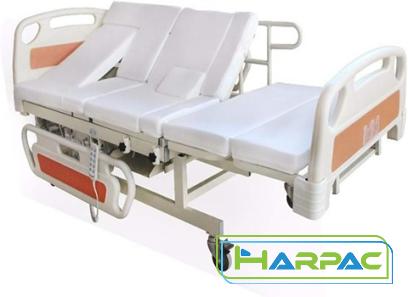
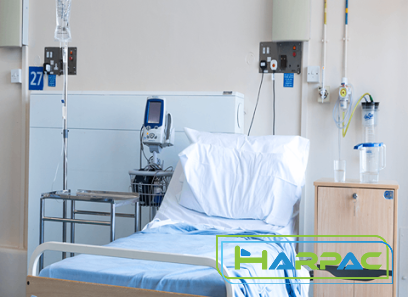
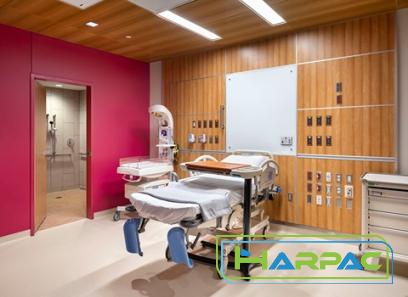
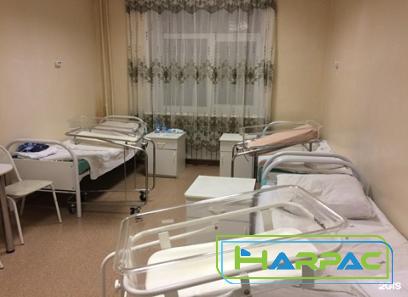
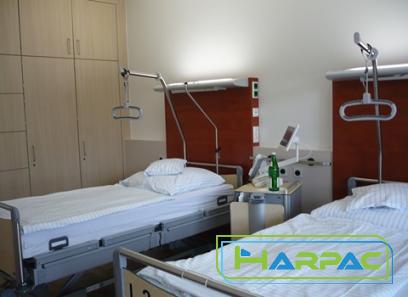
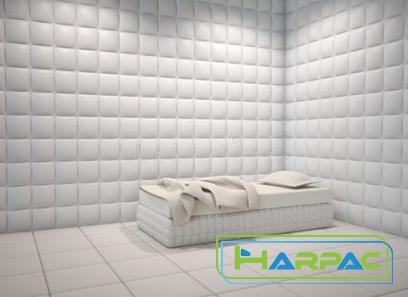
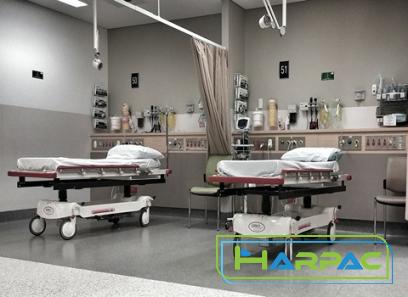
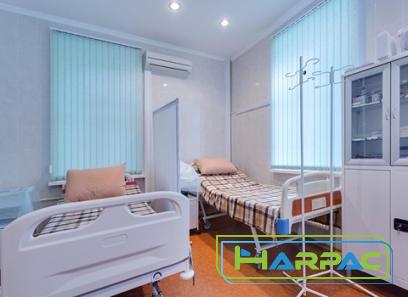
Your comment submitted.